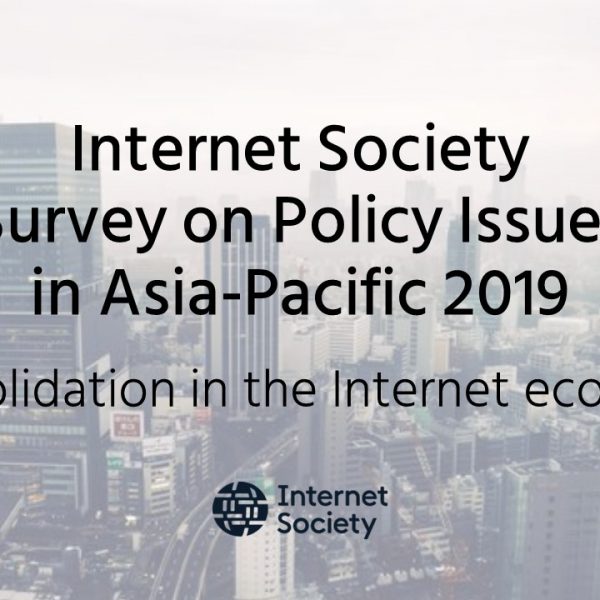Consolidation is not a new phenomenon, but often an expected evolution as industries and markets mature. Opportunities to reduce costs, expand market share, and enhance scalability are intrinsic incentives in any economic domain where companies acquire competitors or subsume parts of the production chain. This is also true for the Internet Economy, understood as those economic activities that either support the Internet (e.g. Internet Service Providers) or are fundamentally dependent on the Internet’s existence (e.g. video streaming services).
Consolidation
The fact that a few corporations dominate large parts of the Internet is not news. Today, a handful of actors play a significant role in our increasingly-connected societies. In this context, there is a growing concern about the dominance of a small number of corporations – typically Internet platforms – shaping the online world and its use. For some, the concerns relate to the lack of competition in specific markets, its impact on future investments, while also raising question if some economic actors are “too big to fail”. Other commentators and the media make use of colorful acronyms, such as the “GAFAs” (Google, Apple, Facebook, Amazon), “FANGs” (Facebook, Amazon, Netflix, Google), or “the BATs” (Baidu, Alibaba, Tencent) to describe a limited number of players dominating innovation and opportunities online.
While new entrants may appear in the future, to many people these Internet giants have become the primary means for gaining access to the Internet, for education, for news, for finding jobs, for shopping, or for staying in touch with loved ones. To some, they are an important part of making the Internet relevant to everyday life.
By using consolidation of the Internet Economy as a starting point, the 2019 Global Internet Report looks towards the future and investigate the impact of consolidation on the other “Drivers of Change” identified in 2017. It takes a closer look at its technical implications and whether the forces of consolidation are hampering or enhancing users’ ability to choose the services they want, to protect their privacy, and to share information unhindered. Through the lens of its impact on the Drivers it explores questions such as the potential consolidation of network traffic and an evolving Internet architecture, its impact on cybersecurity, and what consolidation of the Internet Economy means for regulation and a centralization of power in the next three to five years.
Consolidation News

Internet Society-Chatham House Collaboration: How Is Consolidation Changing the Internet?
For the past couple of years, here, at the Internet Society, we have been thinking about Internet consolidation. After...
For APAC Consumers, It’s a Love-Hate Relationship with Big Tech
According to a new survey nearly all APAC consumers depend on Big Tech for products and services, but they...

APAC Policy Survey 2019: Consolidation in the Internet Economy
The Internet is changing. Consolidation in the Internet economy, the topic of the Global Internet Report 2019, might be...
Big Tech Offers Convenience but APAC Consumers Want More Market Choice, Says Internet Society Survey
Singapore – 23 September, 2019 – The Internet Society, a global non-profit dedicated to the open development, evolution and...

Internet Society Asia-Pacific Policy Survey 2019 Now Open: Consolidation in the Internet Economy
The Internet Society recently embarked on a year-long effort to explore the trends of consolidation in the Internet economy,...
